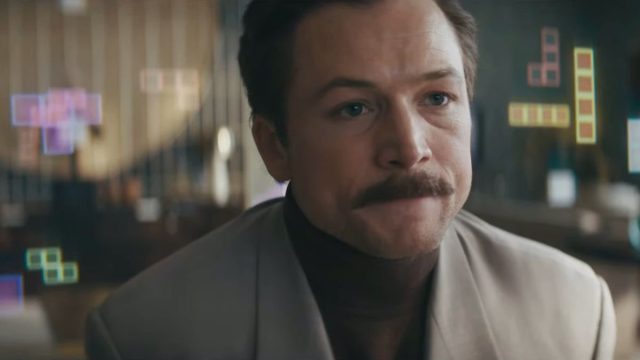This Week’s Writers Banged Out:
- a final review
- a machine-based script
- a dance-based architecture doc
- a bunch of baloney
- a surprising confession.
Thanks to the unblocked scb0212 for contributing this week. Send articles throughout the next week to ploughmanplods [at] gmail, post articles from the past week below for discussion, and Have a Happy Friday!
A.O. Scott moves on from his job as review at the New York Times. He looks back on his regrets, notes a couple prescient calls, and thinks on the future of the medium:
I’m tempted to say that the sky is still falling, or falling again, and that it’s the same old sky. The death of cinema is almost as old as cinema itself. In 1935, the German critic Rudolf Arnheim declared that film as an art form had died with the coming of sound, and that what followed the silence was mere commercial propaganda, a bastardized form he prophetically called “television.” After the war, television killed movies all over again, and even when a technological villain wasn’t apparent — the VCR, the internet — things were always bad. Frank O’Hara’s poem “To the Film Industry in Crisis” appeared in 1957. Two decades later Pauline Kael asked “Why Are the Movies So Bad?” The End Times have a way of turning out to have been golden ages all along.
The Verge‘s Charles Pulliam-Moore reports on a Writers Guild of America proposal that would regulate AI assistance in the writing of scripts:
The thread goes on to clarify that the WGA’s proposal would forbid AI-generated content from being used as source material or to rewrite work covered under the WGA’s agreement with AMPTP. The rationale is that AI-generated content is created by ingesting both copyright-protected content and texts in the public domain. “It’s important to note that AI software does not create anything. It generates a regurgitation of what it’s fed,” the WGA claims. And if you had any doubts about the WGA’s stance on AI, the thread ends with the statement “plagiarism is a feature of the AI process.”
For redefine, Alison Jean Smith reviews experimental short documentary “What Shall We Do With These Buildings?,” a Ukrainian film that combines history, architecture and dance:
What Shall We Do…? uses five buildings as case studies to understand how a Soviet past haunts Kharkiv. Architects and ordinary citizens first explain a building’s significance; dancers then bust open those explanations via movement. But there are startling breaks from this formula, too, as when passersby begin inserting themselves into the scenes. Like rings of a tree, buildings contain layers of Ukraine’s history — one marred with successive invasions from outside empires. One architect points to the artificiality of Soviet symbols tacked on to structures dating back to the Russian empire. The film documents resistance to such Russian influence, ranging from the organized to the anarchic. One expertly edited montage syncs heavy dubstep with the toppling of Soviet statues. Other monuments have been reclaimed; the brutalist Kharkiv Opera House, built in 1991, has since become a haven for skateboarders and techno-ravers.
At The New Yorker, D.T. Max tells of the Afro-Cuban novelist H. G. Carrillo, whose death finally revealed almost everything he’d told his husband about his life was a lie:
On the porch, vanEngelsdorp was genial and thoughtful; he seemed like a man it would be cruel to trick. […] He acknowledged being bewildered and hurt by his husband’s lies, yet he wasn’t sure that Carrillo owed him an apology. “I’m a little bit proud of him,” he admitted. “I feel conflicted.” His science background also helped him absorb what Carrillo had done. VanEngelsdorp explained, “Since there’s no such thing biologically as race, it has to be a cultural construct, and if it’s cultural then it’s performance.” His husband had taken this logic to its inevitable conclusion. In vanEngelsdorp’s more forgiving moments, he was at peace knowing that “the only true things he ever told me about his life was his birthday and the fact that he was Catholic.”
Apparently a reviewer gave the upcoming Tetris movie a strong review while revealing they had somehow never actually heard of the game Tetris. Zach Zweizen cannot wrap his head around this at Kotaku:
To be clear: I’m not here to bully Hammond. And please don’t go pestering the dude over this. I’m just shocked, bemused, and confused at how someone can make it this far in life—even using the internet—and somehow never hear a whisper about the most well-known puzzle game ever. It almost seems impossible, like a joke maybe? But the rest of Hammond’s review is not only positive but sincere. I really think this dude has just, unbelievably, never heard of Tetris before.

